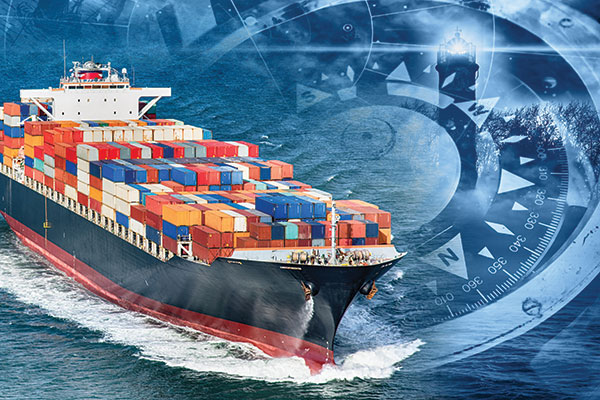
Navigating the Uncertainty: The State of Logistics 2022
The logistics industry in 2022 is marked by significant challenges, as global supply chains have become strikingly out of sync. This article delves into the complexities of the current logistics landscape, examining the disruptions faced and the strategies being adopted to restore balance and efficiency.
The Global Supply Chain Disruption
Global supply chain disruptions have become a hallmark of the logistics industry in 2022. The pandemic, geopolitical tensions, and natural disasters have all contributed to a system that is struggling to maintain synchronization. With factories shutting down, shipping routes congested, and materials in shortage, the impact on supply chains is profound.
Challenges Faced by the Logistics Sector
The logistics sector is encountering several key challenges, including labor shortages, rising fuel costs, and technological gaps. Companies are forced to adapt quickly to these hurdles, investing in innovative solutions and new technologies to streamline operations and improve efficiency.
Innovative Strategies for Efficiency
To address the current disarray, logistics companies are implementing innovative strategies such as diversifying supply sources, leveraging big data for real-time insights, and enhancing digital infrastructure. These measures aim to bolster resilience and create more adaptive and sustainable supply chains.
Future Outlook for Logistics
Looking forward, the logistics industry is expected to undergo significant transformations driven by evolving customer expectations and technological advancements. Embracing digitalization and sustainability will be crucial for future success and alignment in global supply chains.
Conclusão
The state of logistics in 2022 underscores the critical need for adaptability and innovation in navigating global supply chain challenges. By investing in technology and sustainable practices, the industry can mitigate disruptions and pave the way for more synchronized, efficient operations. These proactive measures are essential for securing the future of logistics.






